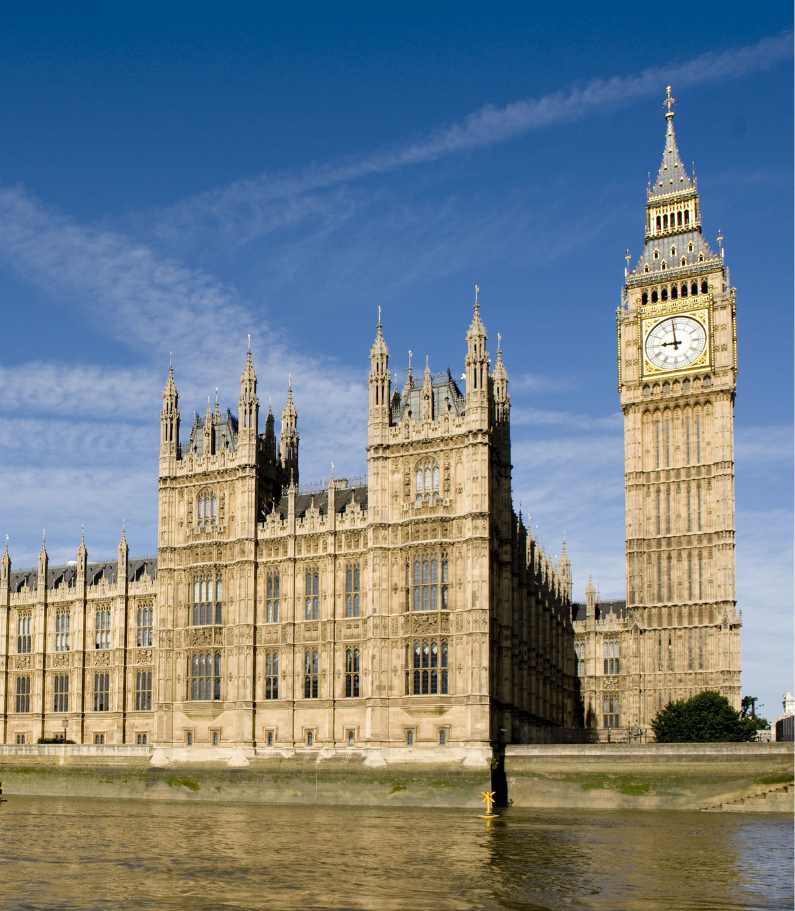
08 Apr 2025 Cheltenham
Spring into Action: Why Now is the Perfect Time to Book Your…

With the Labour Party’s recent election victory, Sir Keir Starmer steps up as the new Prime Minister, and as the new government takes shape, landlords will be keen to understand the implications for the rental market.
Lets get started! Our valuations are based on our extensive knowledge of the whole of the market.
Get a valuation